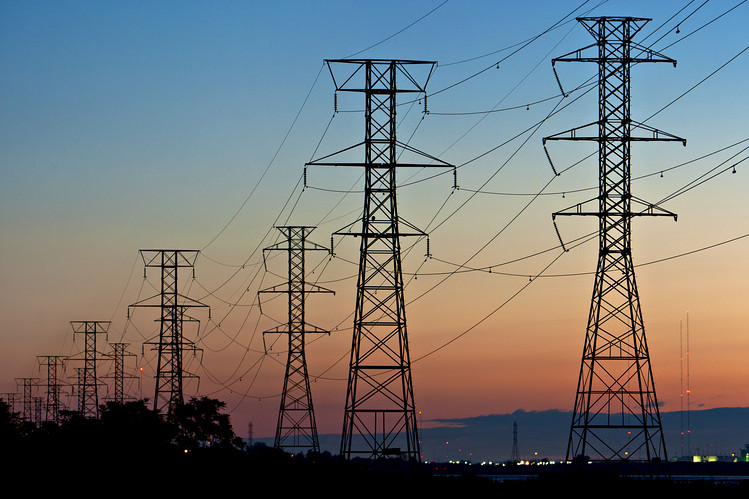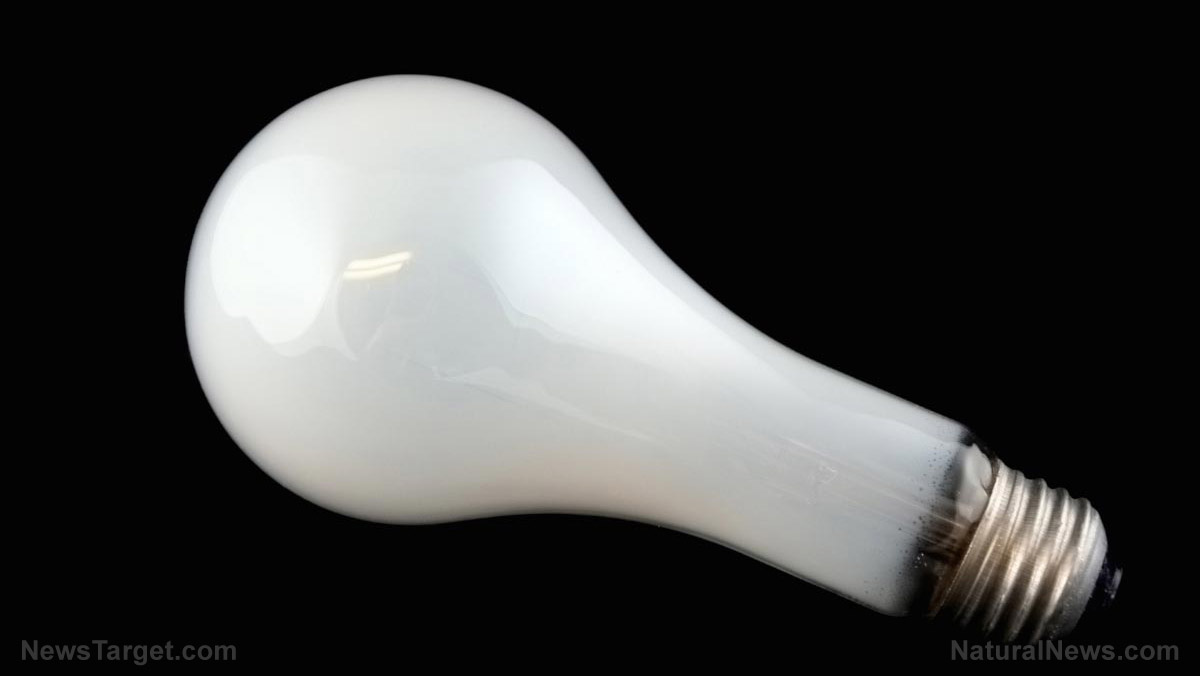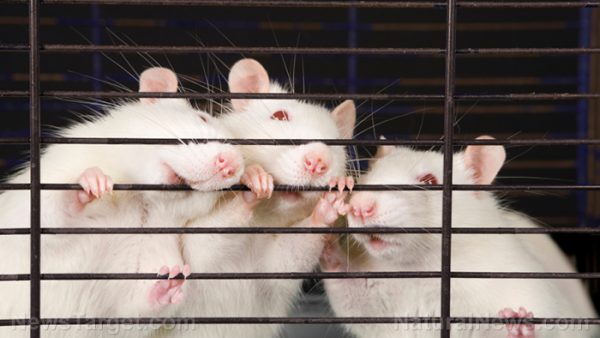 Parler
Parler Gab
Gab
Shellenberger goes on to provide several sources that prove how energy intensive the mining and manufacturing processes are for solar panels and, for that matter, electric vehicles, whose tires produce 20 percent more pollutants than gas-powered vehicles because they are so much heavier. A report cited by Shellenberger noted: But the majority of experts consulted by Environmental Progress agree that China’s competitive advantage did not lie in an innovative new technological process, but rather in the very same factors the country has always used to outcompete the West: cheap coal-fired energy, mass government subsidies for strategic industries, and human labor operating in poor working conditions. Basic reasoning suggests the manufacturing shift must have added to solar’s carbon intensity. But as Environmental Progress has learned, nobody in the carbon counting world has seen fit to research by how much. The modelers are estimating the carbon emissions of solar production as if the panels are still made mostly in the West, grossly underestimating their carbon intensity, even as governments rush to draft and implement net zero policy based around the very same flawed data. Solar panels, wind turbines, batteries, and electric cars are technological devices composed of various materials, including concrete, plastic, steel, titanium, copper, silver, cobalt, lithium, and many other minerals, the report added. A few years ago, a commentary published in Nature Geoscience estimated that to convert only a seventh of the world's primary energy production (25,000 TWh) to renewable energy, significant increases in the production of concrete (from just over 10 billion tons a year to almost 35), steel (from just under two billion tons to just over 10), glass, aluminum, and copper would be required. This estimation is based on converting less than 15 percent of the world's energy needs to renewable sources, the report said. "Not only that, a technical aspect must also be considered: the 'golden vein' exists only in comics. To give an example, on average copper is present in a copper deposit with a concentration of about 0.6%. This means that to extract a ton of metal, more than 150 tons of rock must be crushed. South Africa’s large gold mines grind 5-6,000 tons of rock a day to extract less than 20 tons of precious metal a year," it went on. However, that alone is insufficient. The report said to consider how aluminum is produced; it involves a highly energy-intensive process. To produce one ton of aluminum, approximately 30,000 kWh (a combination of thermal and electrical energy) is consumed. Similarly, the production of iron and steel is also energy-intensive, with one ton of steel requiring between 800 and 5,000 kWh equivalent. "So, just to produce the steel needed to build enough panels and wind turbines to generate 25,000 TWh a year of renewable energy, we may need 7,000-40,000 TWh a year more of fossil energy," said the report. 'Green energy' is a religion to tens of millions of otherwise rational people. They really believe cattle flatulence and SUVs are destroying our planet. They have no idea how much real damage is being done to it by 'going green.' Sources include: MotorIllustrated.com ThreadReaderApp.com EnvironmentalProgress.orgPeople say solar panels don't produce carbon emissions, but they do. And now, a major new investigation by Environmental Progress, drawing on the research of @enricomariutti , finds that solar panels made in China produce at least 3x more carbon emissions than IPCC claims. pic.twitter.com/y4a2dvgyZj
— Michael Shellenberger (@shellenberger) July 24, 2023
Welcome to the DARK AGES: Biden admin’s ban on incandescent light bulbs takes effect
By Ramon Tomey // Share
Glenn Beck blasts CLIMATISM as a MAJOR THREAT to freedom-loving people worldwide
By Kevin Hughes // Share
Governments continue to obscure COVID-19 vaccine data amid rising concerns over excess deaths
By patricklewis // Share
Tech giant Microsoft backs EXTINCTION with its support of carbon capture programs
By ramontomeydw // Share
Germany to resume arms exports to Israel despite repeated ceasefire violations
By isabelle // Share










